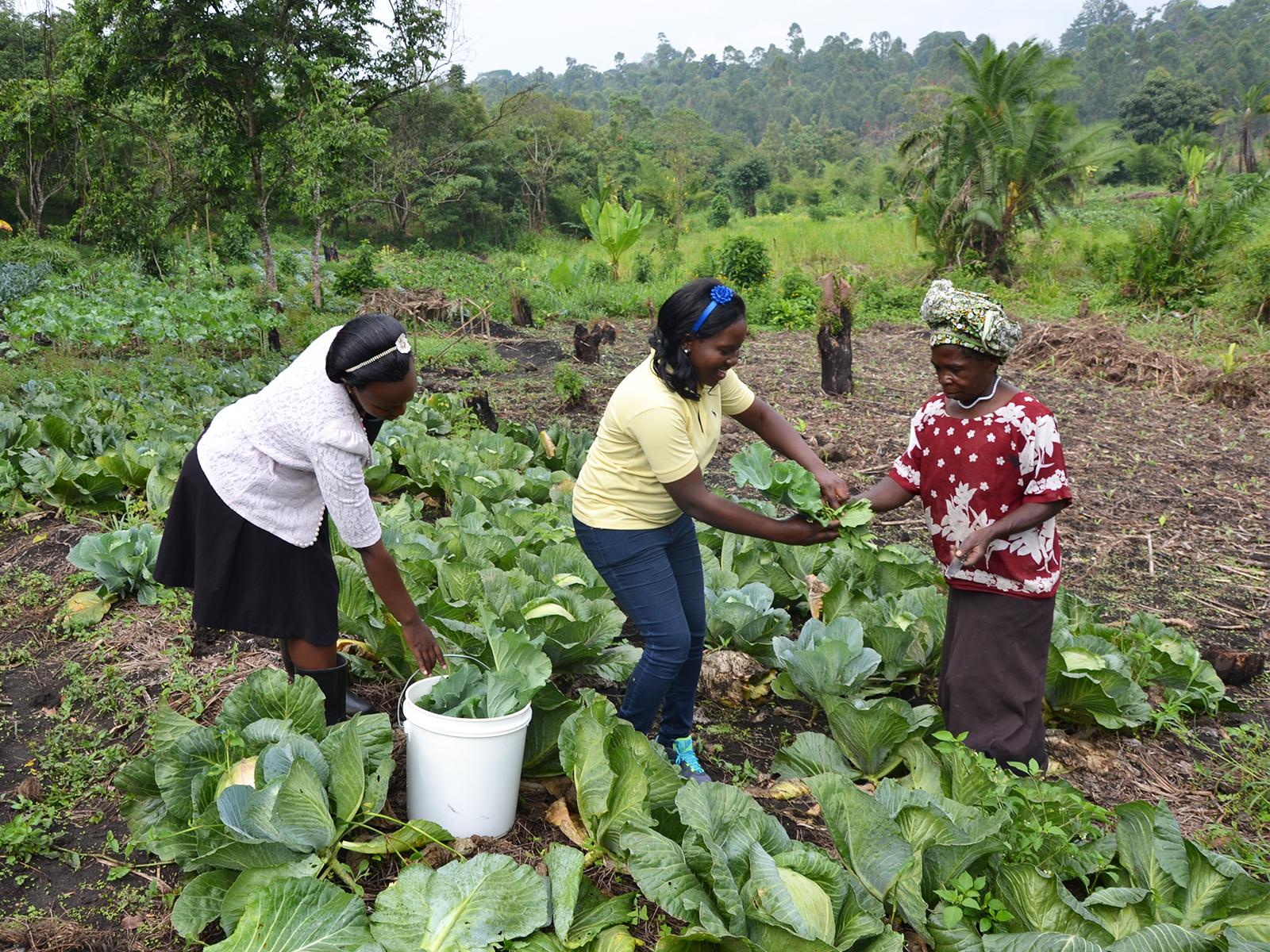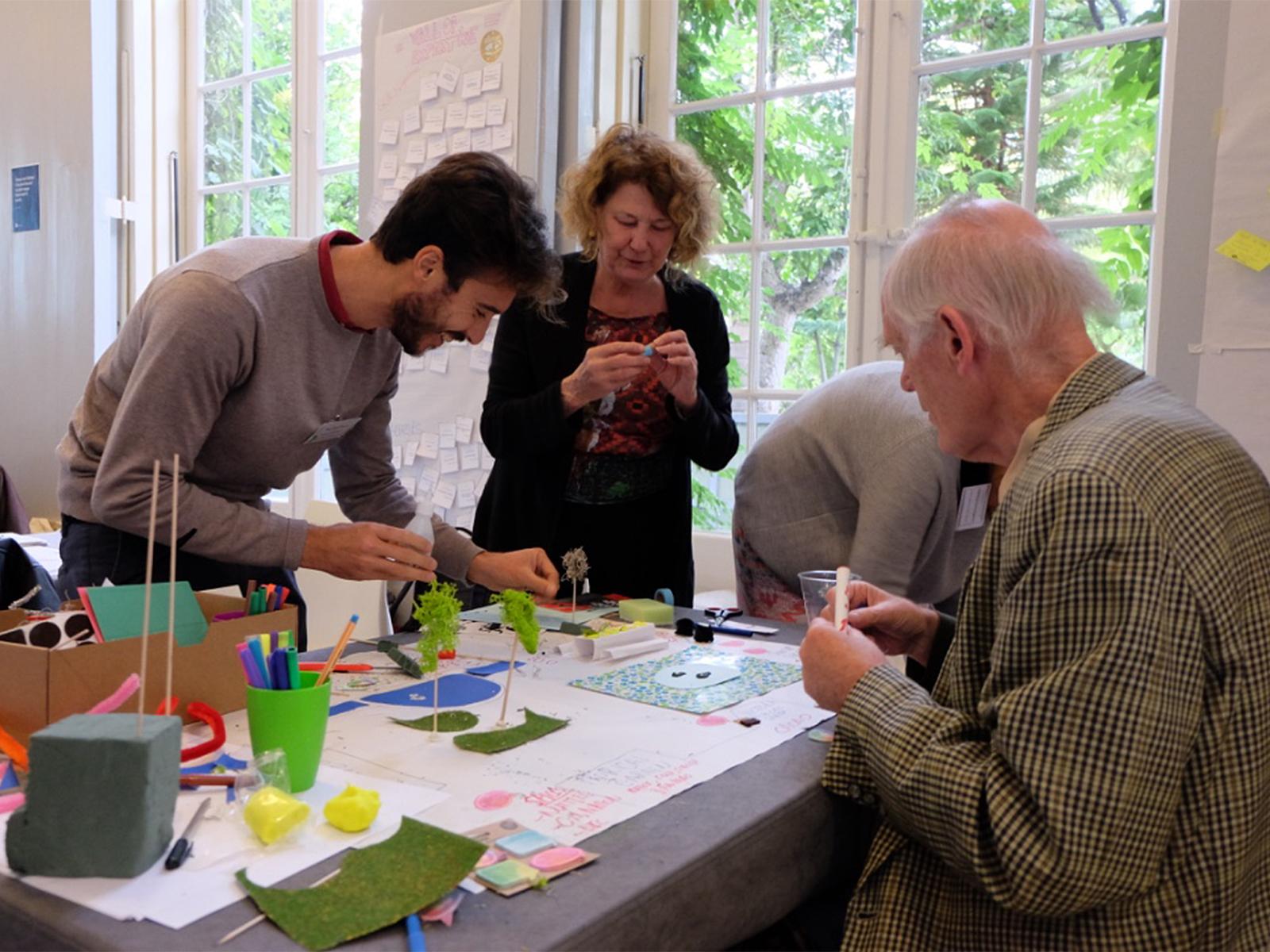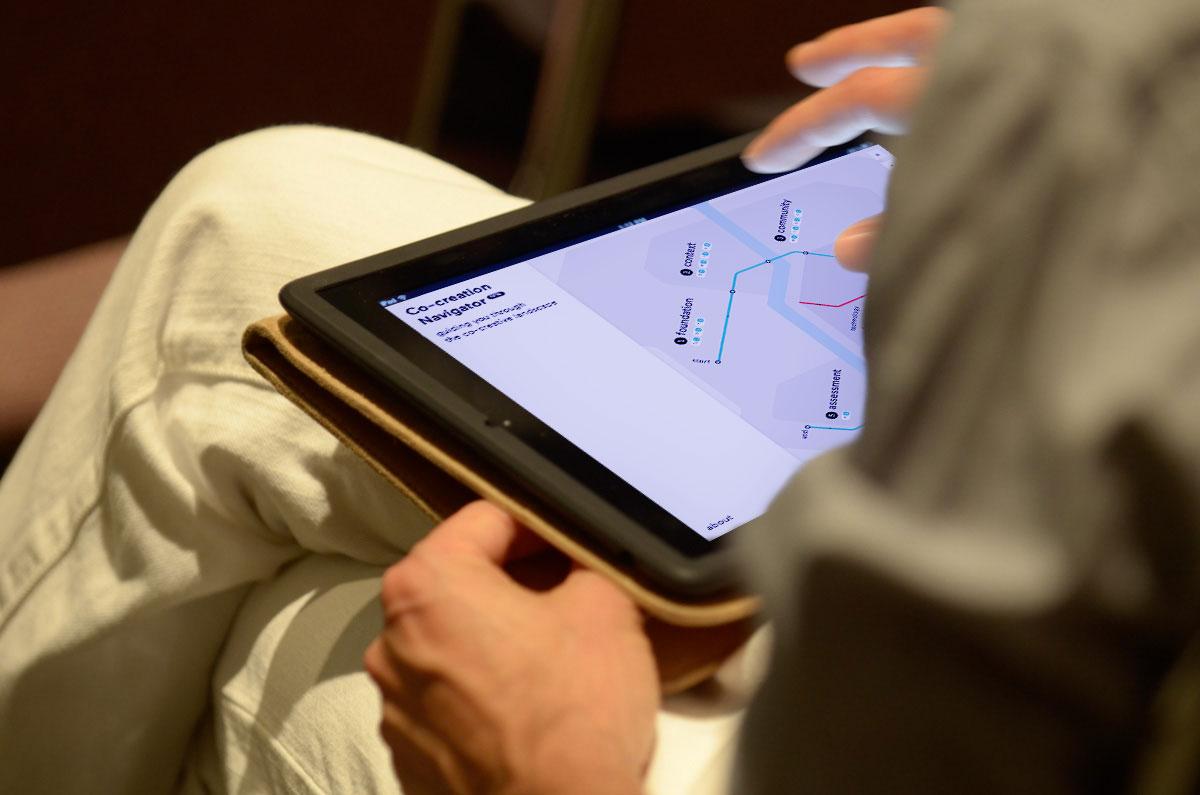Last summer I travelled to Uganda. Of course, I made sure to meet the impressive mountain gorillas. But my primary reason to travel to this East-African country was to visit our Ugandan partner in the BigPicnic project: the Tooro Botanical Gardens (TBG).
Ambitions of BigPicnic
BigPicnic was a project with big ambitions. We wanted to connect botanic gardens to an awareness campaign on a new subject, food security. But we also wanted to make sure their communities and stakeholders had an active role in that campaign.
The project was structured in a way that all partners would have the same training in community work and co-creation, create the same type of output (exhibitions and science cafés), and got the same subject to deal with (food security). But each participating garden has a different take on the subject, and different contexts to work in – based on their physical location, their position in the community and their network.
There is no denying that problems with, and questions around food security are vastly different in Norway and the Netherlands and in Bulgaria and Greece. The issues in Uganda, however, are even more basic; they are of life-importance.
Co-creation in Uganda
This is one of the reasons why I wanted to see if the methods of co-creation, design thinking and science cafés would be the right vehicles for community work and involvement in a context other than the European.
Despite the best efforts from our Ugandan partner, it was rather difficult to get a sense of the actual implementation of the methods. There was a physical distance, unreliable internet connections, and, most importantly, a real lack of understanding of the culture from our end. It is hard to imagine a situation you are not familiar with and have no references to – however hard you try and empathise.
The only way to get a good sense of the implementation and context was to visit the place myself. And because we wanted to make sure the lessons and experiences could be directly transferred to other gardens I invited one of the European partners, Plantentuin Meise in Belgium, to have a representative join me: Jutta. We also brought along a filmmaker, Laura, to develop a short film on the local activities – to compare them with those in Europe.
Local approach
I have learned a lot during this visit. There are many things I can list that have to do with working in a different culture, dealing with multiple languages, and trying to change behaviour. But in the end, it all comes down to 'knowing your audience'.
I think TBG has succeeded in zoning in on a clear community, and they managed to build their case around it with all their activities. At the same time; their community approach is still in its infancy. There are plenty of steps to take, to make the efforts more co-creative and inclusive and to make sure people start working together towards solutions. Thankfully, we now have a good group of people that is experienced in co-creation and community work – the partners in the consortium that we trained – and this 'community of practice' will continue to help each other, advice and share knowledge, even after the end of the project.
In the last week of February the BigPicnic partners got together in Madrid to take part in the final festival for the project. All partners shared their results and lessons learned and we could finally see the effects of the hard work put into the project. We also presented the final version of the film here that was made in Uganda during our visit:


